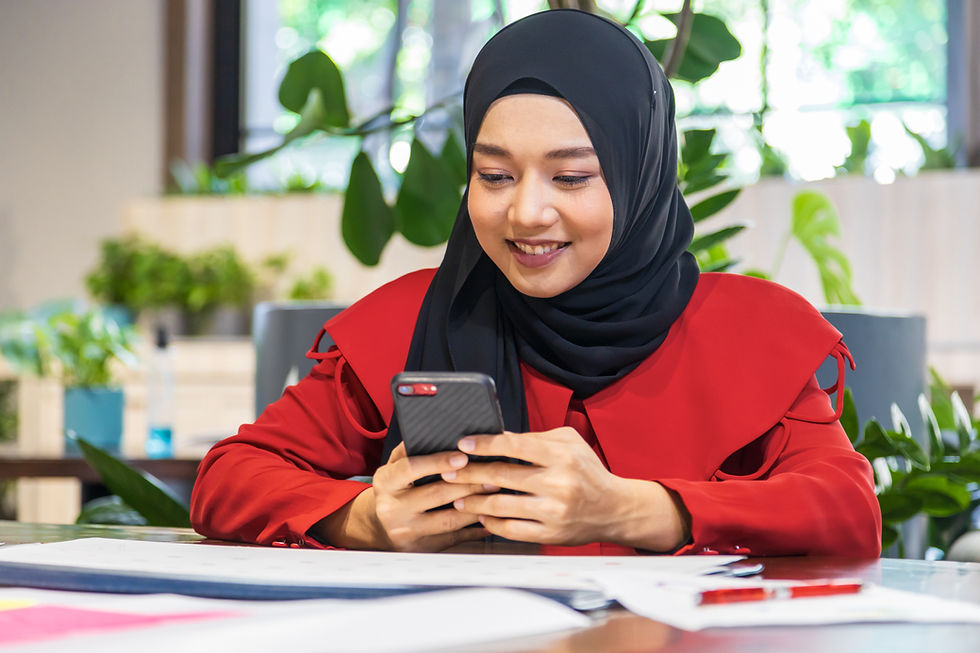Tips to look after your wellbeing during worrying world affairs
- Student Wellbeing Service

- Mar 25, 2022
- 3 min read

For the last month, we have been thrust into a world where we have been continually exposed to distressing, shocking and anxiety-provoking images on the news and internet.
The current crisis in Ukraine is a lot to handle and may often feel overwhelming to witness. The continuous flow of news headlines will often fill us with fear and apprehension and instead of acting as a way to keep us informed, can leave us anxious, preoccupied, helpless and distressed. Monitoring your exposure and paying attention to the impact this information has on your wellbeing can help. There is such a thing as too much and it's ok to give yourself permission to step away or have a break.
During these challenging times, it may be common to experience a mix of emotions that feel a little confusing. You may fluctuate from feeling distressed by current world events to feeling joy & contentment induced by the everyday events in your life. This may be difficult to accept and can lead to feelings of guilt. Yet it's completely normal.
You may have heard yourself saying "why do I deserve to feel joy or excitement or happiness right now when there is so much suffering happening in the world". At these times it is useful to remind yourself that although it feels in direct conflict with what else is happening in the world.....it is still ok to feel positive emotions. Keep a check on your internal narrative and try to catch yourself if your critical inner dialogue becomes too loud - if left unmanaged it can lead to unnecessary feelings of guilt.
The same can be said about our overall wellbeing. During times of collective conflict, it may seem trivial to try to look after yourself and practice self-care - particularly when we are acutely aware that others are not afforded this luxury. However, our concern for others and our wish for their suffering to stop, doesn't mean that we shouldn't be taking care of ourselves in the meantime. When the suffering of others becomes collective suffering, it can be more difficult to directly help and support those that need it. However, it is still important to maintain our own wellbeing, through regular self-care, which may include exercise, maintaining social connections and looking after our daily needs such as instigating a healthy sleep routine.
This is a very uncertain time and can be difficult to manage independently. If you feel you require additional support there are several options available to you that we would encourage you to make use of:
If you’re feeling down, overwhelmed or simply want some space to think and reflect during this time our Student Wellbeing Service can offer tailored one-to-one support. We can help you manage and make sense of what you’re experiencing and provide you with a listening ear. You can book an appointment with your faculty Wellbeing Advisor by accessing our website.
The Chaplaincy Centre offers a non-judgemental listening service, via a one to one conversation appointment. If you want listening support, you can book in by emailing chaplaincy@sheffield.ac.uk , appointments are usually available within 3 to 5 days of requesting.
A silent peace vigil hosted by the Chaplaincy Centre will take place, every day (Mon-Fri) at 1230h in the Gathering Room (L7) in the Octagon. This vigil will be silent and is suitable and open to all university members of any religion, belief or no belief. This will continue until further notice.
Through a triage appointment, you can access a wide number of options that will be recommended to you to support your mental health.
You can also sign up here to attend a group facilitated by SAMHS& UCS if you are affected by the current crisis
Togetherall is a safe, online community where people support each other anonymously to improve mental health and wellbeing.
Best wishes, The Wellbeing Team



Comments